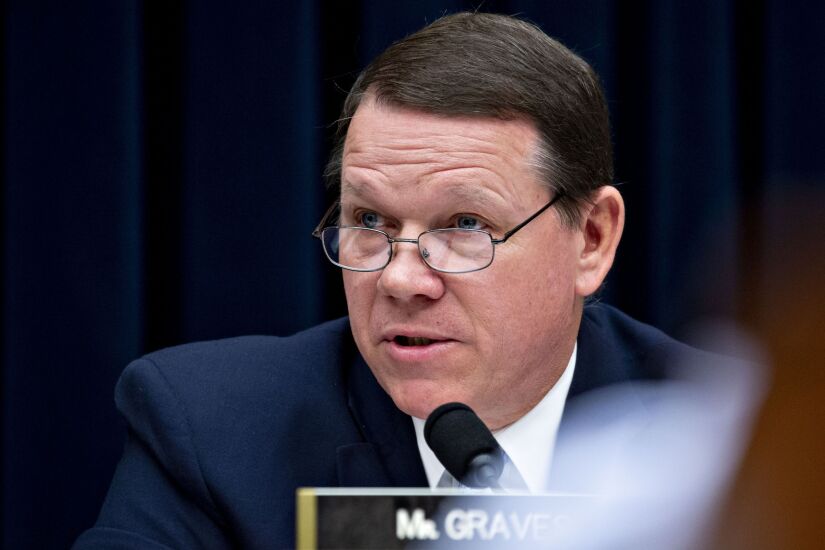Want unlimited access to top ideas and insights?
A long-awaited extension and renewal of the Northeast Corridor rail link, a proposed bullet train connecting Portland and Vancouver in the Pacific Northwest, and Infrastructure Investment and Jobs Act funding for a number of large bridge projects around the country are among the latest developments in muni finance.
For more on these stories and other infrastructure news, read our roundup below.










